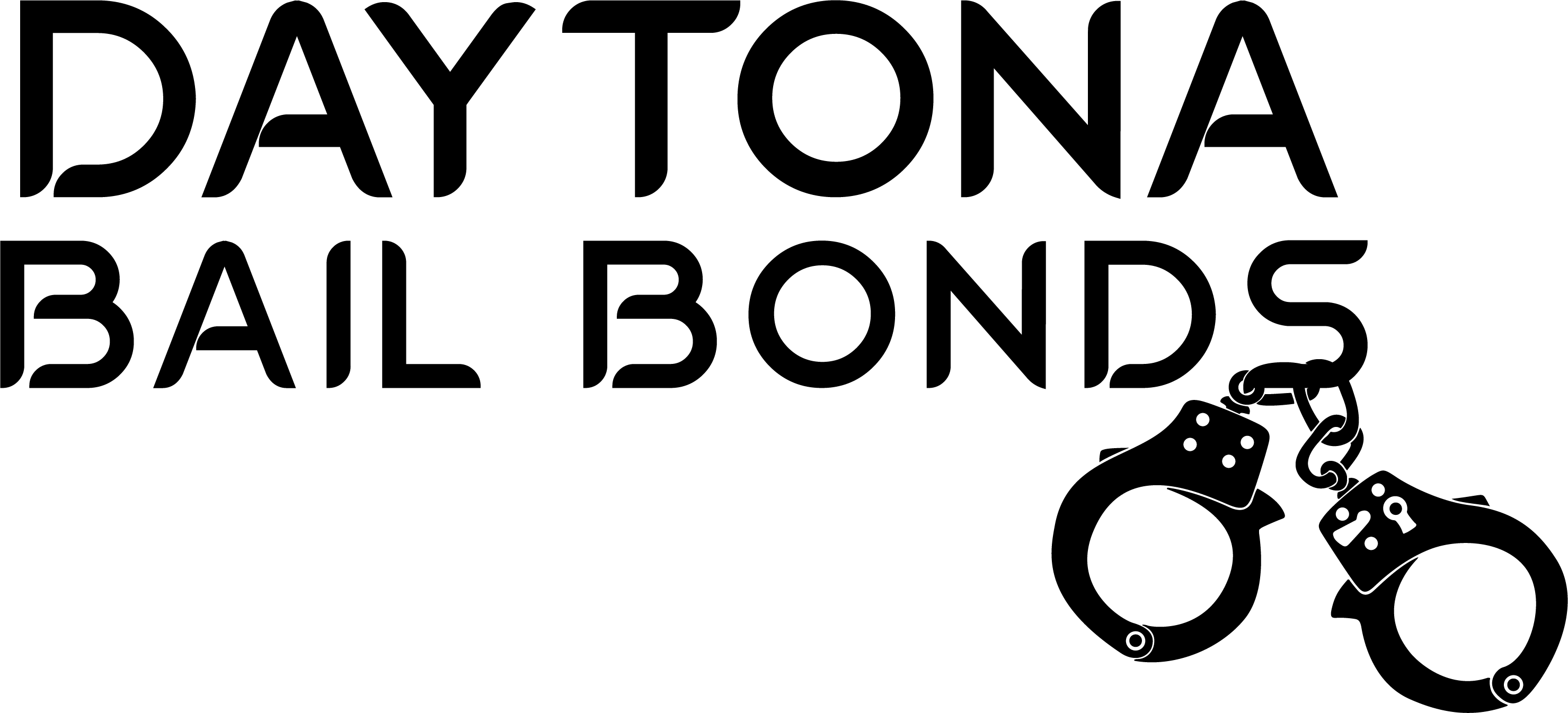
Have you ever undergone law enforcement or been involved in a legal matter? You may have heard the term “warrant search” or “warrant check.” Several Law enforcement agencies and other authorized entities in Florida use warrant checks to seize evidence and locate individuals suspected of violating the law or committing a crime.
Warrant searches help law enforcement officials maintain public safety, uphold the law, and ensure justice. However, strict rules and procedures govern the potential infringement on civil liberties and privacy during execution. Conducting a proper warrant search involves adhering to all legal requirements, performing due diligence, and respecting the individual’s rights.
What is a warrant check?
A warrant check explores databases to determine if a person has any outstanding warrants for their arrest. The purpose of a warrant check is to help law enforcement employers, officials, or individuals evaluate the potential risk posed by a person, such as when performing a background check.
Law enforcement agencies or officials conduct warrant checks as part of routine investigative activities or by employers who want to ensure that their employees do not pose a safety risk to their workplace. A person may conduct warrant checks on themselves to ensure law enforcement is not looking for them.
In this blog post, we will cover five different types of warrants in Florida, search warrants, arrest warrants, fugitive warrants, bench warrants, and administrative warrants. We break down each type of warrant search to improve your understanding of when and how they may be used.
Different kinds of warrants Searches:
There are several different kinds of warrants, which serve other purposes and are issued under different circumstances. Following are some types of warrants in Florida that will provide you with a better view:
Search Warrant
How search warrants are obtained and what it means?
A search Warrant is a legal document issued by a magistrate or judge that authorizes law enforcement officials to search for certain premises or locations for evidence of a suspected crime. The warrant specifies the limitations and scope of the search, including individual or what items can be searched for and the manner and time in which the search is to be conducted.
Limitations of a search warrant:
The limitations of a search warrant include scope, probable cause, timing, reporting, and execution. These restrictions protect individuals’ rights and control law enforcement officials from surpassing their authority. Suppose law enforcement officials break these limitations when conducting a search warrant. In that case, the search may be considered unlawful, and any evidence obtained may be unacceptable in court.
Arrest Warrant Search:
What are “arrest warrants,” and how are they obtained?
An arrest warrant, one of the different kinds of warrants, is a legal document issued by a magistrate or judge that authorizes law enforcement officials to arrest an individual who has committed a crime. To acquire an arrest warrant, law enforcement officials must exhibit probable cause to acknowledge that the individual has committed a crime.
Obtaining an arrest warrant is similar to getting a search warrant. Law enforcement officials typically offer a magistrate or judge an affidavit that outlines the circumstances and facts supporting the belief that the individual has committed a crime. If the magistrate or judge determines probable cause, they will issue an arrest warrant that authorizes law enforcement officials to take the suspect into custody.
Arrest warrant limitations:
Like search warrants, arrest warrants are subject to certain restrictions designed to protect individuals’ rights and prevent law enforcement officials from overstepping their authority.
For example, law enforcement officials can only arrest the person named on the warrant, not any other person. They should also adhere to the terms outlined in the contract, like the manner and time of the arrest.
Bench Warrant Search:
When bench warrants are issued and how to obtain?
This is the most common type of warrant, issued by a magistrate or a judge from the bench. Bench warrants are issued when a defendant fails to comply with a court order or appear in court when required They may also be printed when an individual violates the terms of probation.
To obtain a bench warrant, a magistrate or judge must determine that there is probable cause to believe that the person has failed to appear in court or violated a court order. The warrant authorizes law enforcement officials to arrest the person and bring them to court to answer their failure to comply.
Limitations of a bench warrant
Bench warrants have some limitations that law enforcement officers have to follow. If an official fails to comply with court orders, certain restrictions are outlined to protect individuals’ rights. For example, a bench warrant must be supported by probable cause and issued by a magistrate or judge. They can’t be given arbitrarily or without any proper legal justification.
Fugitive Warrant Search:
What are fugitive warrants, and how are they obtained?
A fugitive warrant is one of the different kinds of warrants that privileges law enforcement officials to apprehend a person who has committed a crime or fled from justice. This warrant allows the officers to arrest the individual and bring them before a judge.
To obtain a fugitive warrant, a law enforcement agency must offer evidence to a judge that the individual has committed a crime and is fugitive from justice.
The evidence should be sufficient to establish reasonable cause that the person is the culprit and currently present in a specific location. If the judge finds the evidence correct, they will issue a warrant to arrest the individual.
Limitations of a bench warrant:
There are various limitations of the fugitive warrant. The fundamental limit is that it is valid within the jurisdiction of the issuing judge. For example, suppose that the fugitive crosses international borders or a state. In that case, law enforcement officials must obtain additional legal documents, such as an extradition warrant, that is a way to bring them back to the jurisdiction where the crime was committed.
Administrative Warrant Search:
An administrative warrant is a legal document that authorizes government agencies to conduct inspections or searches of private property or businesses for regulatory compliance. Unlike a criminal warrant, this warrant doesn’t include suspected unlawful activity. It is issued to ensure that a property owner or company complies with applicable regulations and laws.
To obtain an administrative warrant, the government agency must provide evidence to a judge that there is a reasonable suspicion that a violation of the regulation of law has occurred on the business or property in question. The judge reviews the evidence and determines whether the warrant should be issued.
Limitations of an administrative warrant:
After the administrative warrant is issued, the government agents will enter the business or property to conduct a search or inspection. The contract specifies the scope and duration of the assessment or investigation, and any evidence obtained may be used to ensure compliance with the relevant regulations.
An administrative warrant is limited, as it can only be used for regulatory compliance purposes, not criminal investigations. The contract must be limited to ensure it doesn’t become an unreasonable search or violate the Fourth Amendment to the U.S. Constitution, which protects citizens from unreasonable seizures and searches.
It is necessary to note that warrants must be administered by a judge or magistrate and satisfy specific legal requirements, such as possible cause and explicitness.
One who fails to meet these requirements can result in the warrant being invalid and any evidence acquired through the contract being banned from court.
How Daytona Bail Bonds can help you with a warrant search?
Daytona Bail Bonds can assist in a free warrant check by thoroughly searching our database and the relevant court records to determine if there is an outstanding warrant for you.
Our free warrant check can be beneficial for individuals who are unsure if they have an outstanding warrant and want to avoid being arrested at a routine traffic stop or during a job interview.
If a warrant is found, our licensed Bail Bondsmen can work with you to arrange your surrender and assist in the bail process.
Additionally, we have access to resources such as private investigators or legal professionals who can help navigate the legal system and provide guidance on the best action to take to resolve the warrant.
We cannot prevent or null a warrant. Still, we can help you to take the necessary steps to address the warrant and avoid any potential legal consequences.
The Bottom Line
There are mainly two types of warrant searches, criminal warrants, and administrative warrants. A criminal summons is issued when there is probable cause to believe that a person has committed a crime, and the evidence related to that crime may be found at a specific location.
On the other hand, an administrative warrant is issued for regulatory compliance and allows government agencies to inspect private property or businesses.
To conclude, warrant searches are vital for regulatory and law enforcement agencies, but they must execute the following legal requirements and respect the individuals’ rights. A proper procedure should be followed to ensure that the search is legally defensible and valid.
